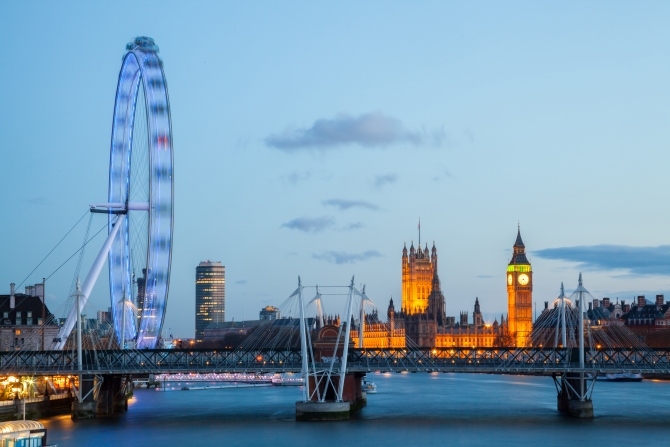With a booming commercial property market and high levels of demand from international investors, London is one of the top business destinations in the world. However, when it comes to sustainability, the UK capital remains second best, as German “green city” Frankfurt has pipped it to the post in the first ever Arcadis Sustainable Cities Index.

Frankfurt managed to clinch the top spot in large part due to its large city forest and the number of climate protection initiatives laid down during new commercial builds, thereby lowering the city’s carbon footprint. By contrast, London lost points for the quality of air within the city, despite the fact that many commercial properties are now being designed and constructed with environmental factors in mind.
However, areas in which London truly excelled were in public health services and higher education establishments, as well as garnering a high level of income per head of population. This, the study claims, has allowed the city to expand and provide a good standard of living for its residents which can be expected to continue for the foreseeable future.
London was not the only UK city to place highly on the index, however, as both Manchester and Birmingham also appeared in the top 20, taking 14th and 18th place respectively. Arcadis’ UK cities director Keith Brooks called these rankings “pleasing and perhaps surprising”, and warned against complacency going forward.
He continued; “As we can see from the findings, there’s no such thing as a utopian city.
“It’s more a difficult balancing act between the three pillars – people, planet and profit – that reflect true sustainability.
“London, Manchester and Birmingham are all mature cities, which goes some way to explaining their rankings, but they can’t rely on historic investment to maintain their competitive advantage.”
Arcadis assessed global cities based on the categories People, Planet and Profit as a means of determining how well their existing infrastructure and policies met the social, environmental and economic needs of their populations. London ranked third on the “People” scale yet only 12th when it came to “Planet”, indicating that more must be done – such as utilising solar power and rain water recycling in new commercial builds – in order to bring the UK capital up to speed.
Unfortunately, though, the report warned that London’s growing population may soon begin to cause issues if urgent matters such as the aging transportation network are not addressed, claiming that it is “starting to become a victim of its own success.”
It continued; “For years London has suffered from underinvestment in its infrastructure and is struggling to meet the demands of the existing population, let along the impact of growth.
“Congestion and aging infrastructure are at the heart of current issues, but so too are a chronic shortage of affordable housing, declining air quality and the more visible impact of climate change and resilience against the elements.”
Previous Post
ABP abandons Humber Energy Park Challenge